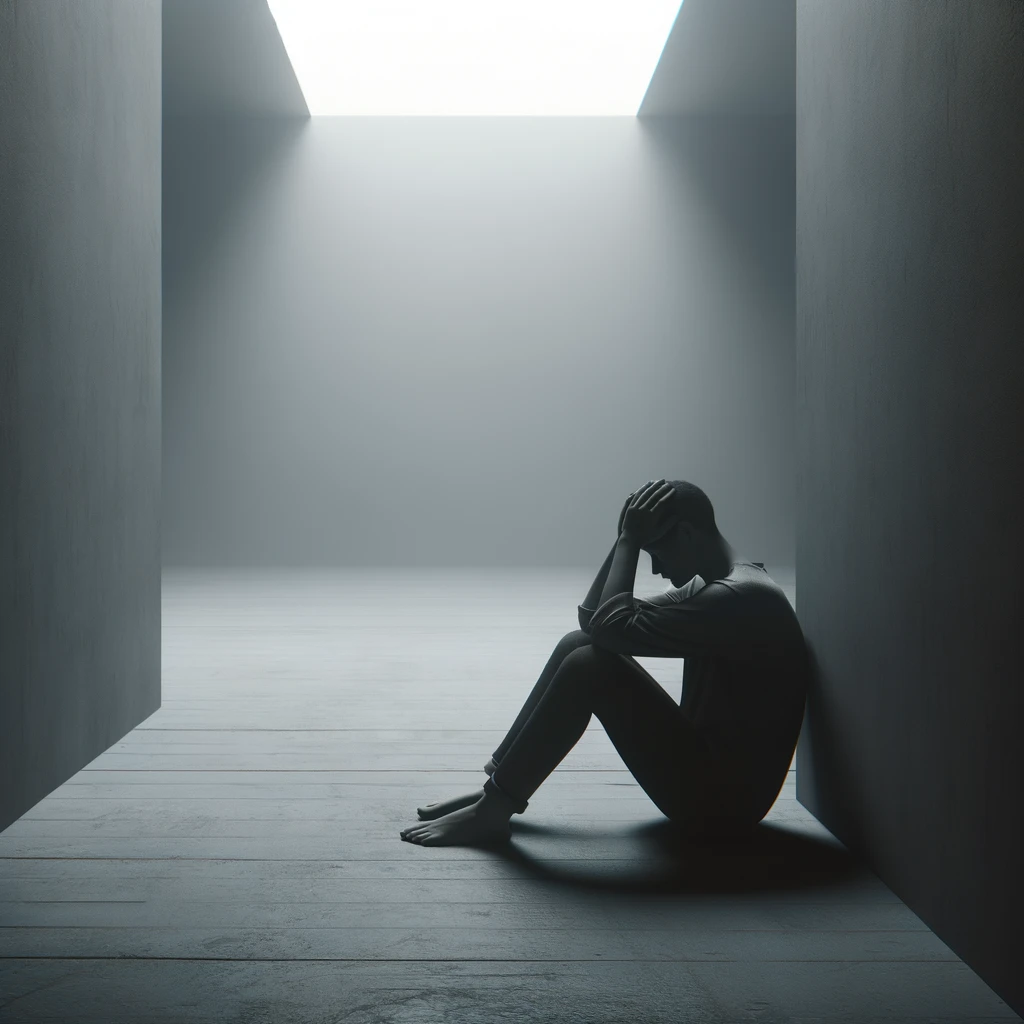Low self-esteem doesn’t just show up as a lack of confidence. It comes with constant negative self-talk, difficulty setting boundaries, and struggling to speak up for yourself.
But here’s the truth: low self-esteem isn’t the problem – it’s a symptom of something deeper.
From childhood, we’re taught that fitting in matters more than being ourselves. Parents, teachers, and peers send us constant messages: be normal, behave, don’t stand out, don’t be too much. We learn quickly that if we don’t meet expectations, we risk rejection. And deep down, rejection feels like danger – like survival itself is at stake.
So we adapt. We hide the parts of ourselves that others might not approve of. We put on a mask to be liked, accepted, and “good enough.” But this comes at a huge cost.
Masking drains our energy. It creates endless self-doubt and inner conflict. We replay conversations in our heads, asking: Did I say the wrong thing? Did I come across okay? Do they like me? Over time, we lose touch with who we really are. We start believing the mask is our true identity.
And when we do show up as ourselves and get criticised or rejected, it hurts even more – reinforcing the lie we’ve carried for years: “Who I really am is unacceptable. I don’t have the right to exist.”
That belief is one of the most destructive wounds a person can carry.
The way out begins with this: you do have the right to exist – simply because you are here. Nobody else can grant you permission to be yourself. No parent, no partner, no authority. That power is yours alone.
The journey to healthy self-esteem is about removing the mask, releasing the old wounds, and practicing this question in daily life:
How can I show up as my real self, and speak my truth with honesty and kindness?
That’s where confidence, peace, and real freedom begin.




